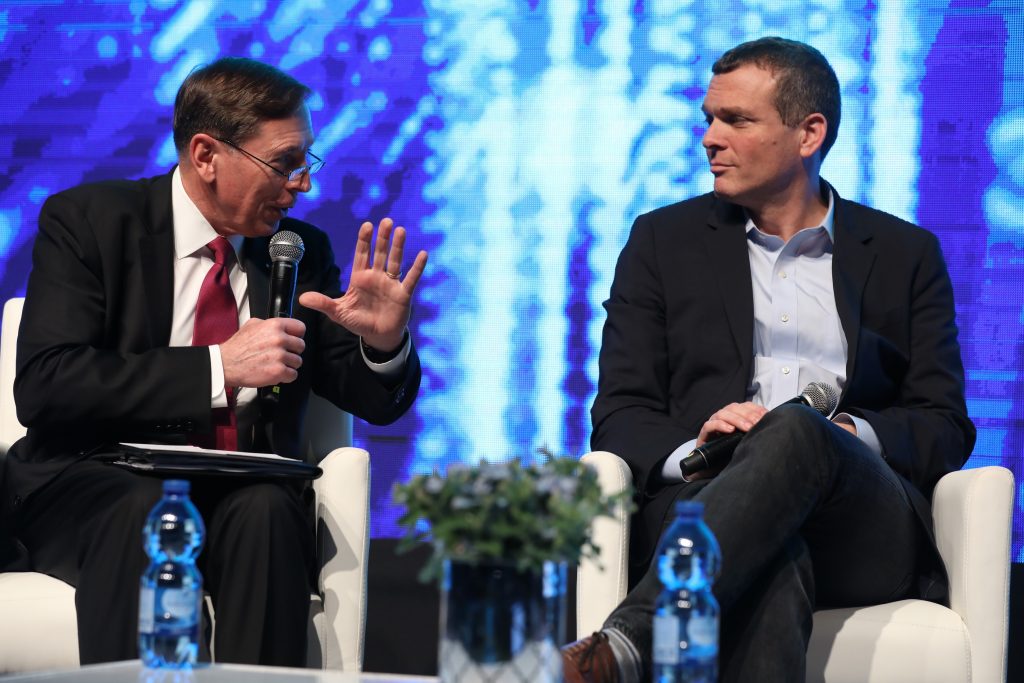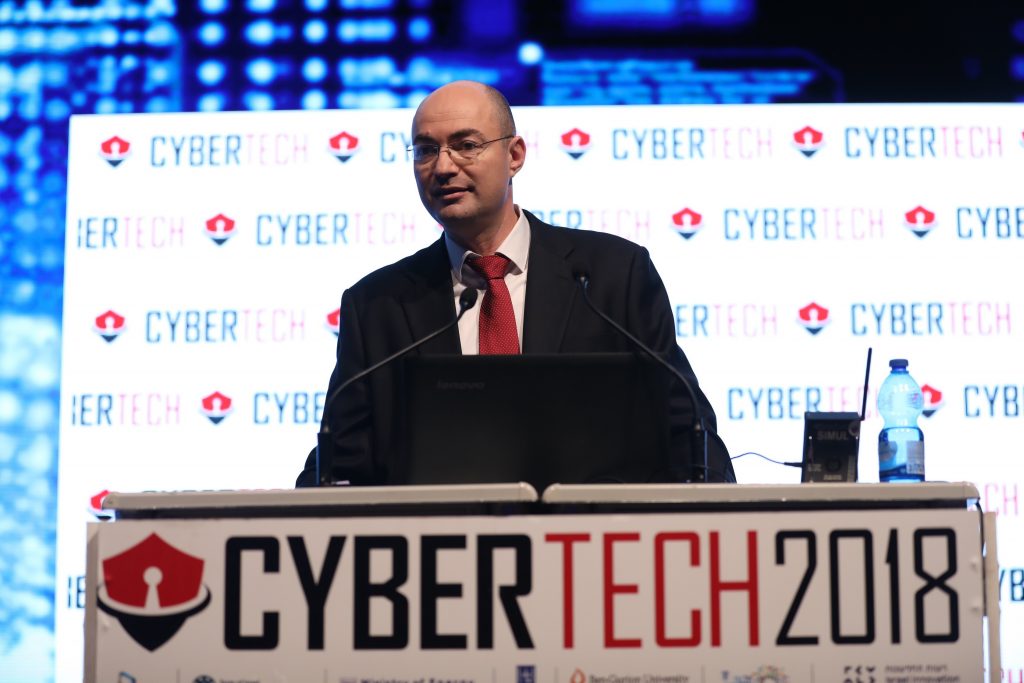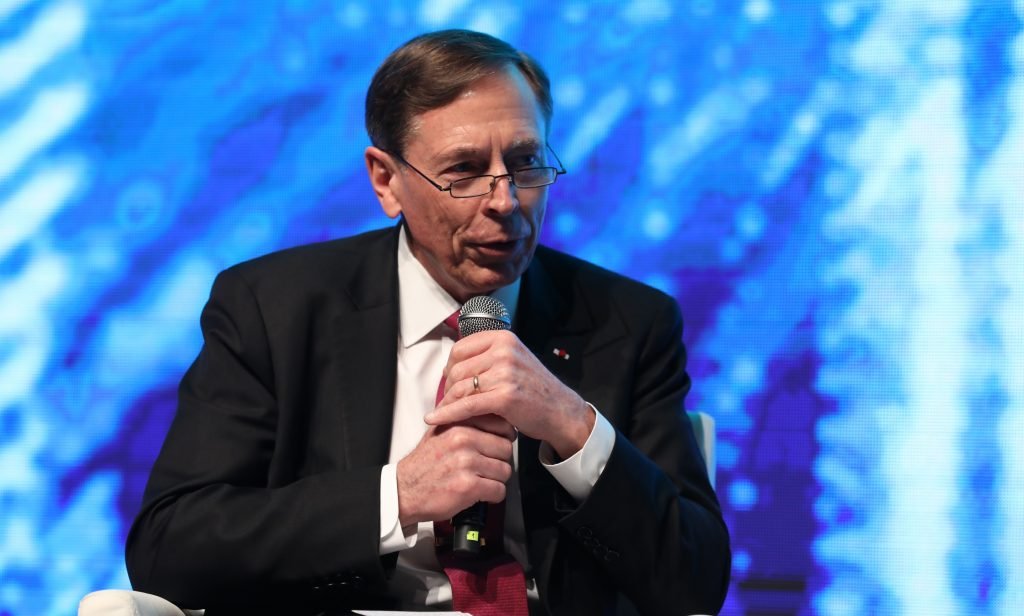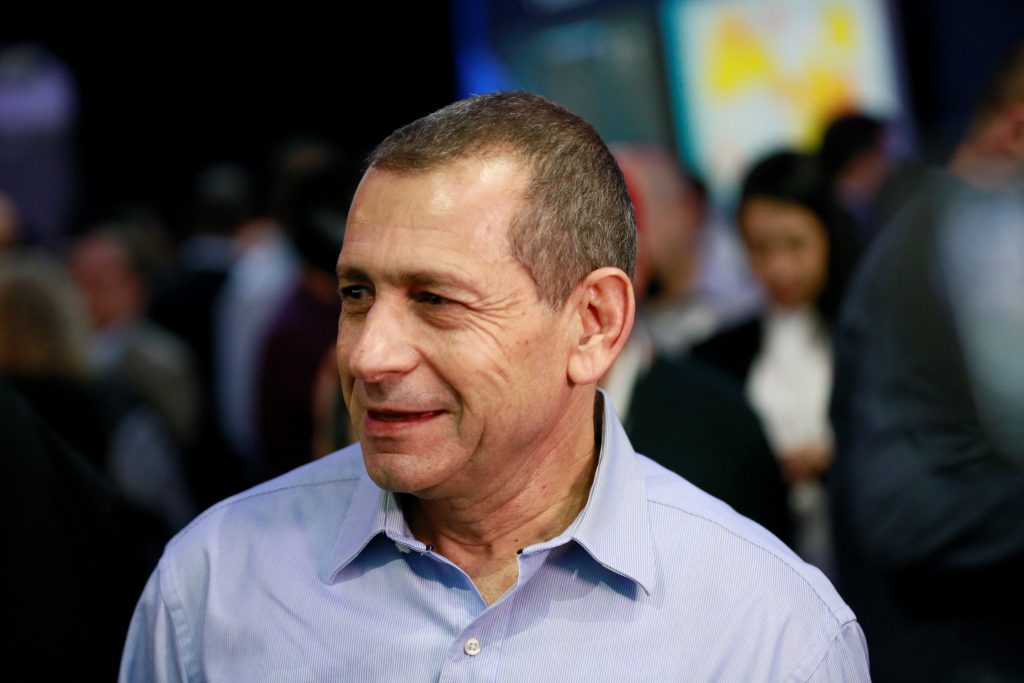Despite Israel’s small size geographically, it is a leader in the cybersecurity sphere and a desired partner for collaboration worldwide, said former CIA director Gen (Ret) David H. Petraeus on Tuesday at the annual CyberTech conference in Tel Aviv.
Speaking at the event, which is hosting some 15,000 attendees from 80 countries over the course of three days, including representatives from 210 companies and 160 international delegations, Petraeus said, “Israel is a small country in all aspects, but it is a cyber superpower.”
SEE ALSO: 11 Israeli Cybersecurity Firms That Left Their Mark On 2017
The ex-CIA chief added that the collaboration between the US and Israel reached “news heights time and time again, far beyond what is being published in the media,” and that the partnership enables both sides “to cope effectively with increasing threats,” hinting at reported joint US-Israel efforts to set back Iran’s nuclear program in 2010 with the Stuxnet virus.
Of utmost concern are the intentions and actions of non-state actors who have the capabilities of attacking critical infrastructure like transportation systems, water supplies, oil refineries, and telecommunications, Petraus said at the event, speaking alongside Brig. Gen. (Ret) Nadav Zafrir, the co-founder and CEO of cybersecurity think tank Team8 and a former commander of the Israeli military’s Intelligence Corps Unit 8200. Another area for worry is data protection, he added, in reference to Russia’s campaign to disrupt and interfere in the 2016 US presidential elections

Former CIA Director David H. Petraeus, left, and Team8 CEO and co-founder Nadav Zafrir at CyberTech TLV 2018, January 30, 2018. Photo by Gilad Cavalerchic
“The technological developments are out running our strategic imagination, it’s a huge challenge,” said Petraeus, who served as CIA director in 2011-2012 and is now a partner in the international investment firm KKR and Chairman of the KKR Global Institute.
Zafrir echoed the sentiment, saying “the threat has become much more imminent. One of the reasons is the world becoming much more connected, enhancing the hackers’ capacity.”
The conference, held January 29-31 at the Tel Aviv Exhibitions Grounds, attracted over 150 speakers from across sub-sectors in the cybersecurity ecosystem, including from key Israeli security agencies like the Israel Police Cyber Unit, the Mossad and the Shin Bet, Israel’s Internal Security Agency (ISA). All three had booths at the event’s exhibition hall, alongside hundreds of cybersecurity companies from around the world as well as dozens of leading venture capital companies from Israel and abroad.
Some of Israel’s defense technology firms were also among the exhibiting companies, including the Israel Aerospace Industries (IAI), which develops military and commercial aerospace technology, and Rafael Advanced Defense Systems, which develops and produces weapons, and military, and defense products.
Sign up for our free weekly newsletter
SubscribeSpeaking at the event on Tuesday, the head of the ISA, Nadav Argaman, said that the security agency has over the past year thwarted numerous cyber attacks on Israeli targets from across the world. He too called Israel among the world’s leading cyber powers, attributing key roles to its defense and intelligence establishments.
Another key speaker at the conference was Yigal Unna, the director-general of the Israel National Cyber Directorate at the Prime Minister’s Office, who called for more international cooperation to face cyber threats.
“One of the most significant solutions is the formation of an international cyber coalition, as part of a comprehensive approach,” Unna said, noting increased attempts to harm critical infrastructures as “hackers try to harm software and hardware.”

Yigal Unna, director-general of the Israel National Cyber Directorate at CyberTech 2018 in Tel Aviv. Photo by Gilad Cavalerchic
Closer collaboration is an approach also promoted by Israeli Prime Minister Benjamin Netanyahu, who issued a statement preceding the conference saying, “Cybertech 2018 is an opportunity for entrepreneurs, scientists, businesspeople and political leaders to share idea and make the necessary connections for further cooperation. By working together, we can more easily and successfully overcome the challenge we face in our rapidly changing world.” Netanyahu addressed the event via video-conference last year and attended in person in 2016.
In his speech on Tuesday, Unna also praised the Israeli cybersecurity industry, pointing to the “high levels of innovation and creativity” in Israel and to the “large number of startup and the industry’s abilities.”
SEE ALSO: Israel Has World’s Second-Highest Concentration Of Cyber-Defense Firms
Indeed, in 2017, there were 420 active cybersecurity companies operating in Israel, according to a report released earlier Tuesday by Start-Up Nation Central, an increase from 379 in 2016. The report noted 70 new startups founded in 2017, and an increase in firms focused on IoT security.
Israel “has several basic advantages in cybersecurity – a mandatory military service in the technologically oriented IDF, and an overall social tendency for creativity, entrepreneurship, innovation and technology literacy from early childhood,” Unna wrote in a piece published in CyberTech 2018, a special issue magazine distributed at the event.
Related posts

Editors’ & Readers’ Choice: 10 Favorite NoCamels Articles

Forward Facing: What Does The Future Hold For Israeli High-Tech?

Impact Innovation: Israeli Startups That Could Shape Our Future





Facebook comments